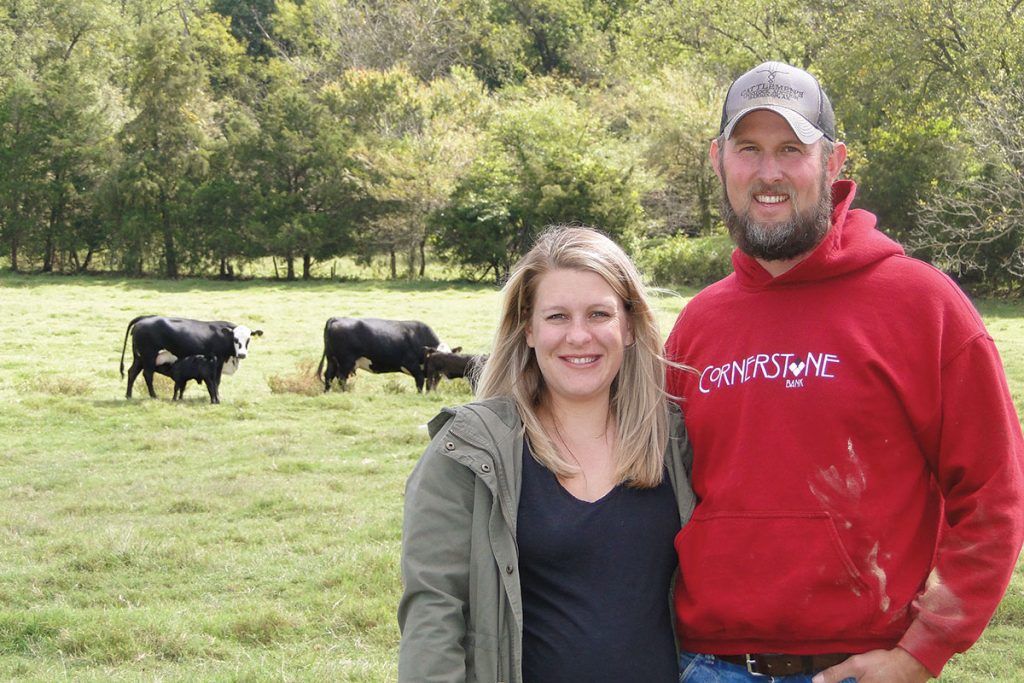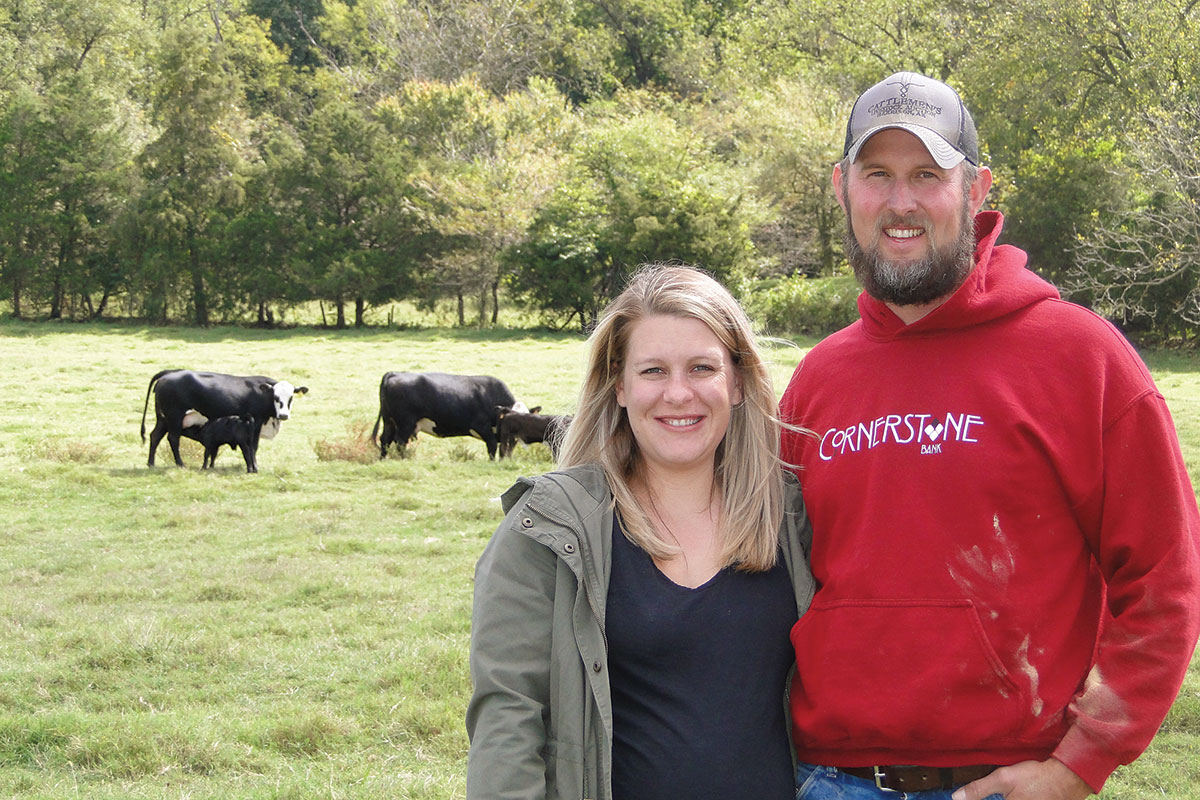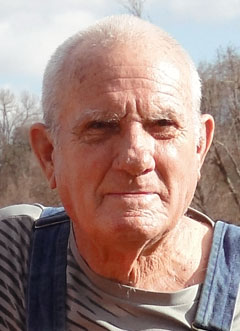
Will Chaney’s farm supports two operations in Green Forest, Ark.
Will Chaney of Green Forest, Ark., is one of those men who maintains good relationships with many successful farmers and listens carefully to what each has to say before developing his own system.
Will grew up on the family homestead and bought his first cow/calf pair when he was 15 using an Farm Serice Agency student loan. Will has Beefmaster and Tigerstripe cows he crosses back with six rotating Mead Angus bulls from Versailles, Mo. He believes the combination produces good commercial calves, which he sells straight off the cow at Cattlemen’s Livestock Auction in Harrison, Ark.
Will prefers the combination of the Beefmasters and Tigerstripe females because they offer hardiness, longevity and good maternal traits, while the Angus bulls provide what the market wants. An additional advantage is that the Tigerstripe are also “high-headed” enough to handle predators. To make working the cattle safe, Will developed a pen system with 6-foot-tall panels and additional supports 3-feet deep in the ground.
“When I was a youngster, we used to round up the cattle using dirt bikes and four-wheelers,” Will said. “One day, a 600-pound bull calf took my dirt bike out from under me, and I must’ve looked like a rodeo clown using a barrel to keep a bull away. That was a lesson well learned and the reason four the stout working pens.”
Will purchased the 300-acre family homestead from his grandfather. Years later, 90-year-old neighbor Clifford Fultz asked if Will would be willing to lease half of his land and purchase half of his herd of Charolais, Salers and Limousin. He wanted Will to retain his genetics because he wanted to keep the other half of his cows. Will now leases the entire 560 acres from Clifford’s widow Ruth and owns the entire herd.
“Clifford liked the exotic European breeds, but I prefer a little ear,” Will explained.
The philosophy behind almost everything Will does is minimizing inputs in any way he can. Years ago, Mike Armitage told Will he should never starve the profit out of a cow. Consequently, in addition to baling 100 round bales of hay for use when grass is not completely gone in early winter, Will also grows his own silage, using hay and corn raised on the Fultz acreage combined with additives like cottonseed meal. The resulting silage is stored in a unique pit.
One day, two men came up to him while he was working on the farm and explained that they mined sandstone and they had found a very promising spot on his farm very near to the broiler houses using Google Earth. Will expressed an interest and gave permission for them to come back the next day to explore the site. They returned with two brand-new excavators and four men. They planted dynamite charges in the area. Needless to say, Will was worried about his chickens who were due to be out in three days. He posted someone in each house before the explosion. However, the miners were equally aware of the situation and had it in hand. What sounded like one boom but was really numerous buried explosions only milliseconds apart. The consequences were the chickens didn’t even raise their heads, and a deal was made with Will sharing in the profits.
While COVID-19 has temporarily put the operation on hold, Will expects miners back when the situation is more resolved.
Will has since developed his unique silage pit. He believed a problem with silage was it rested on the ground. He used boulders from the mining operation and put them together to make a floor and places the silage on top. He then seals it with a tarp held in place by some of the sand so that no air can get into it.
Will raises 52-day, 7 1/4-pound broilers with a 21-day period between flocks. Each house contains 31,000 chickens. In keeping with his philosophy of careful input management and his defining character trait of precision in everything, Will maintains his own chicken houses by doing the de-caking, windrowing and cleanouts. An example of his attention to detail is that during cleanouts, he uses a leaf blower on all of the equipment in order to increase longevity. The process also provides disease control since no outsiders ever enter. Not that long ago, Tyson relaxed its restriction of one cleanout per year. Will’s attention to detail makes cleaning out every two years very workable. Blake Moore, his much-appreciated full-time employee, spends most of his time working in the chicken houses.
Will and his wife Phylicia are the parents of Piper, 7, and Parker, 11, with a new family member on the way. Will has just completed a new home for the family, using a variety of woods from his farm, including self-milled cedar, persimmons, walnut and alder.







